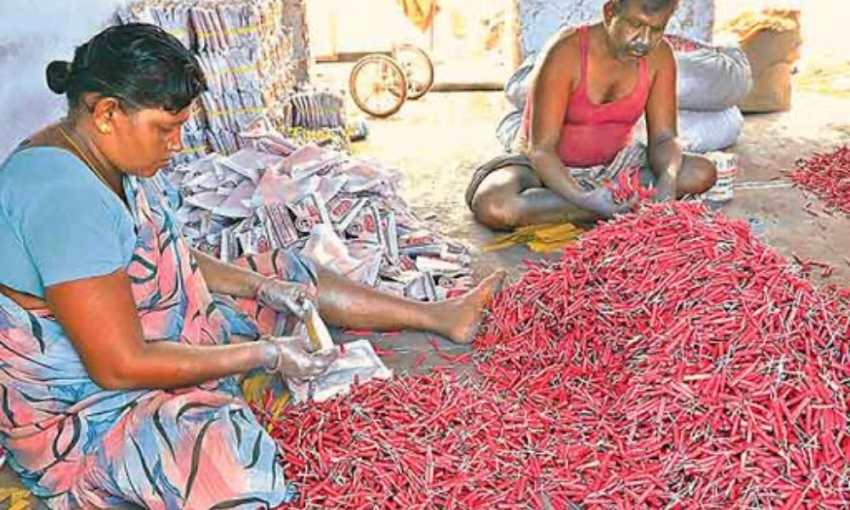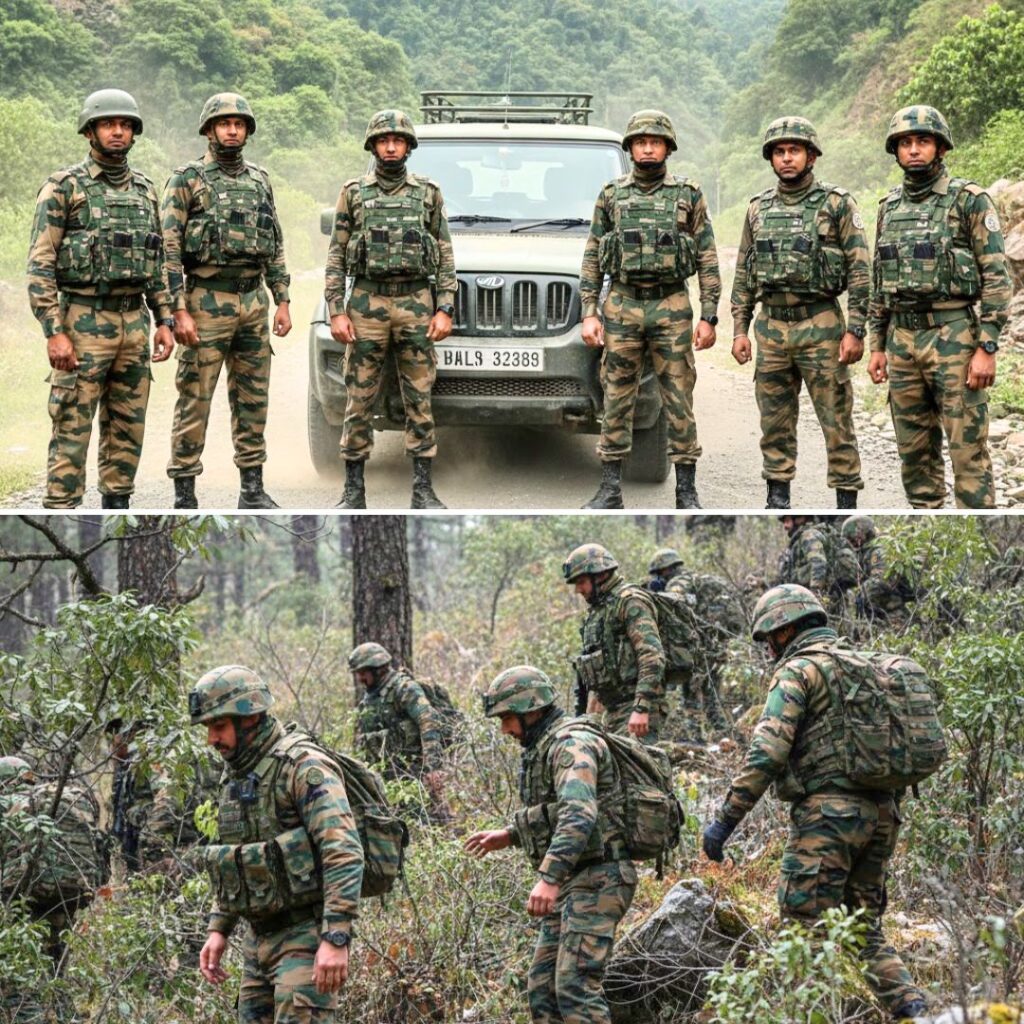Several state governments across the country from Delhi to Karnataka and Rajasthan to Sikkim had banned the sale of firecrackers ahead of Diwali (festival of lights) this year. This decision was prompted by poor air quality across much of Northern India, on account of a number of reasons. Stubble burning, rampant construction and vehicular pollution being the prominent contributors. Limited availability of agriculture labour after the lockdown in some states seem to have contributed to the higher fire incidences this post-harvest period (October-November). A Supreme Court order in 2018 had significantly reduced the output of this industry as the court had allowed only certain ‘green firecrackers’ and their use for some time in the evening on Diwali.
Poor air quality has considerable societal and public health impacts. Its economic damage has been estimated but unfortunately not integrated into town planning or industrial policy and decisions. There is no doubt that large scale sale and use of firecrackers have negative impacts on the ambient air quality. So, should the banning of firecrackers be just limited to Diwali or should there be a blanket ban? Firecrackers are used during other festivals, weddings and various social events too. Such a move will bring curtains to this industry. Can we afford to let the industry perish, especially post COVID-19?
The firecracker industry is estimated to be worth ₹5,000 crore and provides livelihood to over 10 lakh people. What happens to the SMEs that predominate this industry, if the ban was prolonged and expanded? What about the people who depend on it for their livelihood and their families? Also, will the demand for firecrackers go down among consumers, henceforth? These are neither simple problems nor can they be solved easily.
Can firecrackers be made green and the industry sustain? Can this industry be transformed into a non-polluting one? Can the business acumen and skills of this industry be utilised for its transition to others? Since the Supreme Court order directing the use of green crackers in 2018 (using the specifications developed by Council of Scientific & Industrial Research, National Environmental Engineering Institute & Petroleum Explosives Safety Organisation), promoters have made investments in changing inputs, processes and packaging of firecrackers. But a blanket ban on burning of crackers this year has led to considerable economic losses – estimated to be a few hundred crore rupees.
Given the impact that COVID19 has had on SMEs and employment, it would perhaps be imperative to consider how to further support and consolidate the evolution and transition of the firecracker industry as against planning its obsolescence. Under the circumstances, states would have to assess if they can afford to just be a strict industry regulator, or should it consider supporting the industry to transition to greener options? Is socio-economic rehabilitation possible for such an industry?
Such socio-economic rehabilitation of the firecracker industry and those who depend on it should be done in a ‘just’ manner. Is just the transition of India’s firecracker industry into greener and sustainable options viable? How can the government machinery support this transition? What role can investors/financial institutions, consumers (you and me), State, industry associations play in this regard?
Let us try and explore if the principles of just transition can be applied to this industry – to ensure that its evolution into a less or non-polluting one takes into consideration the interest of workers, entrepreneurs and families that rely on it. The concept of ‘just transition’ towards an environmentally sustainable or less polluting industry implies its contribution to decent work for all, social inclusion and eradication of poverty (ILO, 2014). Pathways to a just transition of the Indian firecracker industry will have to consider the following principles:
Be supported by enabling government policies Promote innovation Be based on a coherent framework Be based on a process of social dialogue and social consensus Uphold the fundamental principles of rights at work Integrate gender dimensions Clearly, some of these actions would have to be taken by the government – state governments that host firecracker manufacturers. Some of them are to taken by the local business community, industry leaders and firecrackers industry associations. Workers unions or labour organisations are also expected to be key actors in the social dialogue process and engage with the promoters on issues pertaining to rights and skill enhancement. Other actions will have to be supported by business support organisations, scientific organisations, financial institutions and expert organisations. It would be critical to bring all these stakeholders together to review and assess the options and chart out the transition pathways to green, less polluting firecrackers, which continue to support the…











